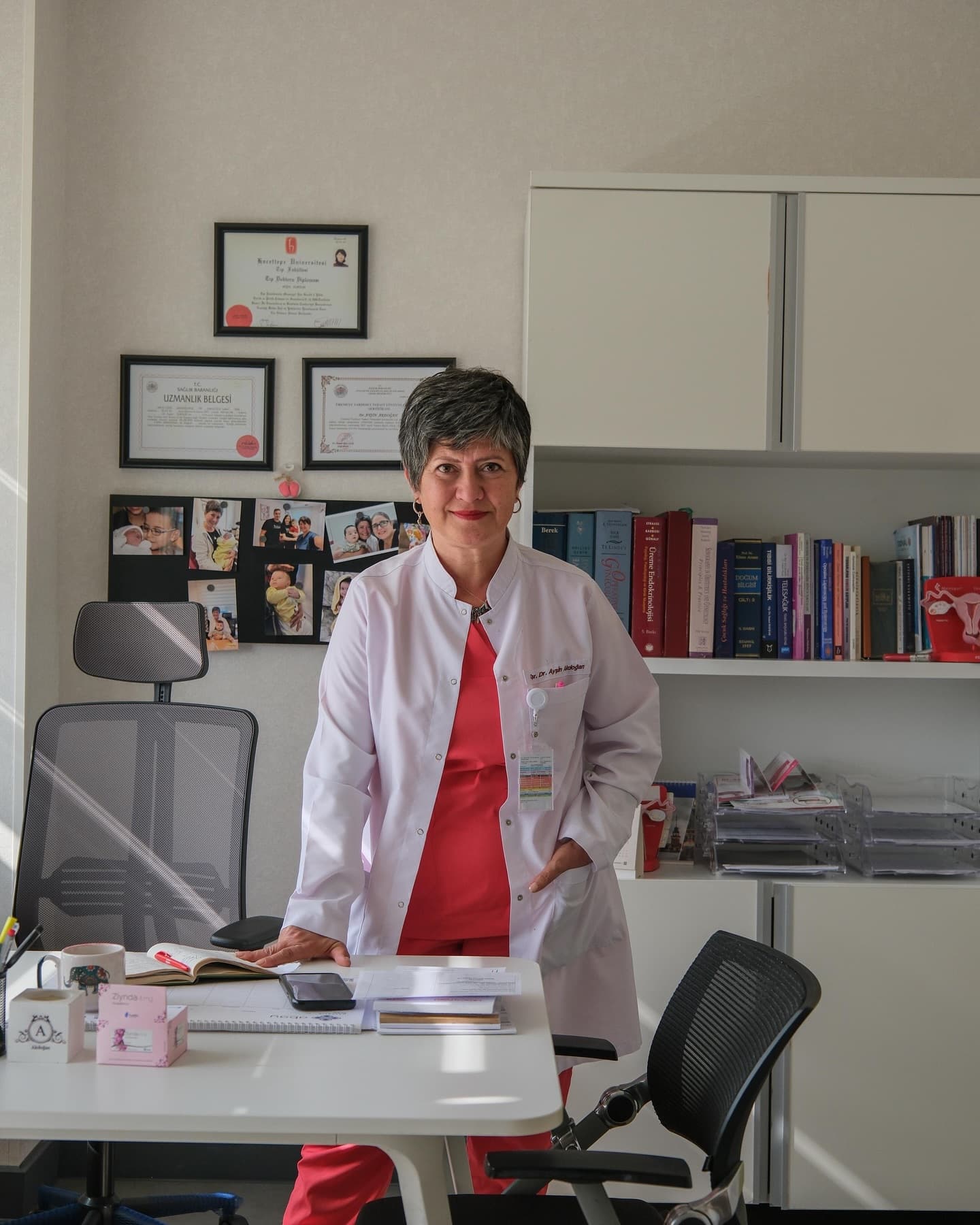
IVF
What to Pay Attention to After Embryo Transfer: 10 Golden Rules
The embryo transfer is the most exciting and delicate stage of the IVF journey. Once that tiny embryo is placed in the uterus, a hopeful yet anxious "two-week wait" begins. During this period, it's natural to have many questions: "What should I do? What should I avoid?" Conflicting information online can often increase anxiety. Our goal is to cut through the noise and provide a clear, evidence-based guide for this critical time.
The Most Common Myth: "Is Constant Bed Rest Necessary?"
Let's start by debunking the biggest myth. There is absolutely no scientific evidence that days of bed rest after an embryo transfer increase the chances of pregnancy. On the contrary, prolonged inactivity can slow blood circulation and create unnecessary stress. After a short rest post-transfer, we encourage our patients to return to their normal, gentle daily activities. Your embryo is secure within the uterus and cannot be dislodged by everyday movement.
10 Golden Rules for After Embryo Transfer
To help you navigate this period more calmly and consciously, here are 10 golden rules:
- Follow Your Medication Protocol: The progesterone and other drugs prescribed are vital for supporting the uterine lining (endometrium) and helping the embryo implant. Take them exactly as directed.
- Keep Calm for the First 48 Hours: This doesn't mean strict bed rest. Simply avoid strenuous activities, heavy lifting, and sudden movements. Gentle daily tasks are perfectly fine.
- Avoid Strenuous Exercise: Postpone high-impact activities like running, weightlifting, or jumping. Light, gentle walking is a great way to stay active.
- Stay Away from High Heat: Avoid things that can significantly raise your body temperature, such as very hot baths, saunas, or hot tubs, until after your pregnancy test.
- Focus on a Healthy Diet: There is no special "implantation diet." Continue with the balanced, healthy, protein-rich nutrition you followed during treatment. Plenty of vegetables, fruits, and whole grains are key.
- Stay Hydrated: Drinking plenty of water (at least 2-2.5 liters a day) supports healthy blood circulation and is important for your overall well-being.
- Strictly Avoid Smoking and Alcohol: Both are known to have extremely negative effects on embryo implantation and development and should be completely avoided.
- Pause Sexual Intercourse: It is generally recommended to abstain from intercourse until the pregnancy test, as it can potentially cause uterine contractions.
- Take Care of Your Mental Health: We understand the stress of this period. Do things that relax you: read a book, watch a favorite movie, listen to calm music, or try meditation. Your emotional state is important.
- Be Patient for Test Day: Testing early can lead to confusing or false-negative results, causing unnecessary heartbreak. Please wait for the date your doctor has scheduled (usually 10-12 days post-transfer).
Do not hesitate to contact our clinic for any questions you may have during this sensitive period. We are here to support you.
Frequently Asked Questions
Yes, light spotting or pinkish discharge is common in the first few days after the transfer and is usually not a cause for concern. This could be due to the catheter touching the cervix, or it could be implantation bleeding. However, if you have heavy bleeding like a menstrual period, you should definitely contact your doctor.
There is no definitive and clear sign of embryo implantation. Some women may experience mild cramping, spotting, or breast tenderness, while many feel nothing at all. Instead of focusing on symptoms, it is best to be patient until the blood test and to keep yourself free from stress.
Generally, after a calmer first 1-2 days post-transfer, there is no harm in short-duration (a few hours) car or plane journeys that are not bumpy. However, if you have long and tiring travel plans, you should definitely discuss this with your doctor.
